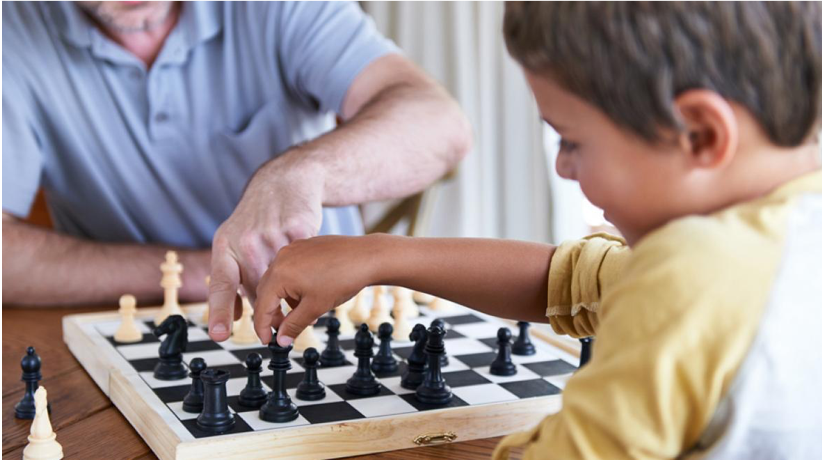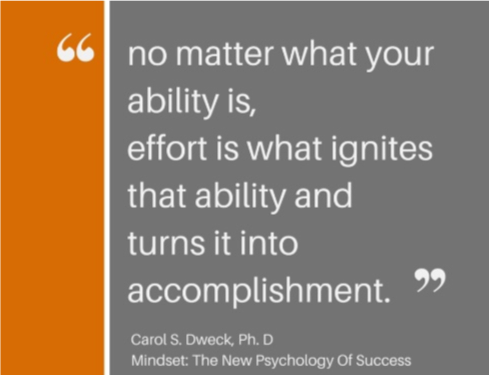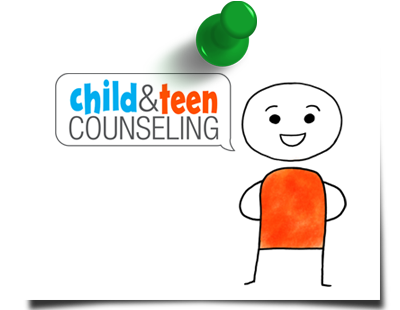Emotional Benefits of Play: Building Self-Confidence and a Positive Relationship with Your Child
Play is all fun and games and you can also use it as an important teaching tool with your children! Through play, your kids and/or teenagers can learn how to interact with each other and develop lifelong skills. There are many benefits for playing on different levels. For example, in play, our children can learn how to cope with emotions like frustration, anger, and fear to name a few. Additionally, play can be a way for your kids to practice expressing their emotions in safe and controlled situations. Research shows that play can help jumpstart your child’s healthy emotional development and this can ultimately set them up for success in the future!
Play gives your child a space to fail and to learn from their failures. Allowing your child to fail teaches them that a loss is not a loss but a lesson. Your child may have fallen short of their goals in play but they also learn how to do better next time. This shows them that there is a ‘next time’ to accomplish their goals, and in most instances, you can play again.
Just like in life, you can always keep trying.
For example, if you are playing chess and take one of their key pieces, like the queen, and they become upset. This would be a great opportunity to show them different strategies to help guard their key pieces. You can show them that through practice they can get better. Through trial and error and constant praise for their efforts they will one day persevere and win! Playing chess gives your child an opportunity to succeed in activities they enjoy and helps them build their self-confidence and self-esteem.

“Why is self-confidence and self-esteem important ?”
(Great question!)
With self-confidence, your child will be able to navigate their life knowing that they can handle any obstacle that’s thrown at them. As a result, they are more willing to take risks to be successful. Praising your kid for their effort in play, like in chess, helps nurture your confident child and also helps you connect with them. When you are able to connect with your child, you show them that you will be there to support them, help them, lift them up, and that they will never be alone.
“Wait.. Connecting with my child? Why is that important?”
Play not only helps your child build their self-confidence it also can help you build a positive relationship with your child. Yes, your bond and connection with your child will strengthen while you play games like Uno, Scrabble and pretend play. When you take the time to show your child that what they love to do is important to you and when you meet them at their level, it shows them you truly care about what they care about. As you engage in fun activities with your kid, focus less on their achievements or wins and instead acknowledge and highlight his or her efforts, regardless of outcome. This type of emotional support is profoundly impactful for their emotional development and success.
“Acknowledging them for their effort? What does that look like and how do I do that?”
Now some of you are probably wondering what ‘praising them for their effort’ looks like and don’t worry it’s really easy! Let’s take the chess scenario. Let’s say your child finally is able to guard his queen piece instead of saying “good job” you can let them know “Woah! I can tell that you’ve been practicing!”. Remembering to praise your child for their effort shows them that they can feel good about things that they can actually control. No one can control “winning” but we all can control and feel good about practicing, learning to adapt and persevering. These are the qualities that help maintain self-confidence and self-esteem when your kid doesn’t succeed. When your child is able to maintain confidence during failures, they don’t become easily discouraged and they continue to have faith in themselves to keep trying until they succeed!

When your child understands that they can and they will overcome challenges, this sets up the foundation for a healthy emotionally developed child. Having a healthy emotional child lessens the risk for social and emotional problems later in life and strengthens your relationship with your child. Essentially, play is a wonderful tool to build a positive relationship with your child and nurture your child’s confidence and self-esteem for future success!
